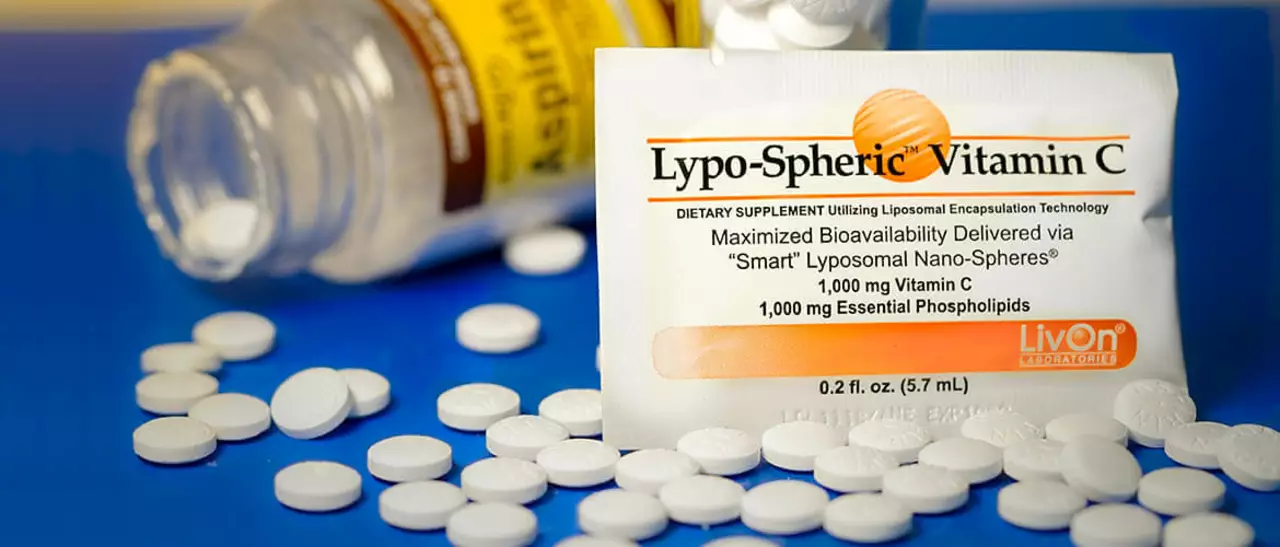HIV: Practical Facts, Testing, and Treatment
HIV attacks the immune system and can lead to AIDS if untreated. Modern antiretroviral therapy (ART) stops the virus from multiplying, keeps you healthy, and prevents most transmission.
Know the signs: early HIV can cause fever, tiredness, sore throat, and swollen glands. Many people have no symptoms for years, which is why testing matters. A simple blood or saliva test will tell you if you have HIV; most clinics and pharmacies offer rapid tests that give results the same day.
Testing and Prevention
Get tested regularly if you have new partners, share needles, or have a partner with HIV. Prevention tools work: condoms reduce risk, PrEP (daily pills) can stop infection before exposure, and PEP is a short emergency treatment after a possible exposure. Needle exchange programs and clean injection equipment also cut risk for people who inject drugs.
Vaccines are not available yet, but research continues. Meanwhile, knowing your status and using prevention options gives you control. If you start PrEP or PEP, a healthcare provider will guide dosing and follow up tests.
Treatment and Daily Care
ART means taking a combination of medicines every day. Common single-tablet options combine three drugs to simplify treatment. When taken correctly, ART lowers viral load to undetectable levels, which keeps you healthy and makes transmission to sexual partners extremely unlikely.
Stick to your schedule. Missing doses can allow the virus to rebound and become resistant to drugs. Expect routine labs: viral load and CD4 counts every few months at first, then less often once stable. Report side effects to your clinician—many are manageable and there are alternative drugs available.
Mind drug interactions. Some OTC medicines, supplements, and herbal products can affect ART levels. Tell your provider about everything you take, including vitamins and recreational drugs, so they can recommend safe combinations.
Living with HIV also means looking after your overall health. Vaccinations, heart and liver checks, mental health support, and screening for other sexually transmitted infections are all part of good care. Healthy habits—sleep, exercise, balanced food—help your immune system and medication tolerance.
Accessing medication is easier now. Many clinics, community programs, and pharmacies offer support for getting ART, paying for drugs, and shipping refills. If you use online pharmacies, choose licensed providers and confirm prescriptions with your doctor.
If you think you were exposed or need advice, contact a clinic, sexual health service, or your doctor today. Early testing and treatment change outcomes dramatically and give you control over your health.
Practical tips: if you have frequent new partners or condomless sex, test every three months. PrEP commonly uses tenofovir/emtricitabine and requires HIV testing and kidney checks before and during use. PEP must start within 72 hours of exposure and a clinician will prescribe a month of treatment and follow-up tests. Common ART single-tablet regimens include bictegravir/tenofovir/emtricitabine and dolutegravir-based combinations; your provider will pick the best option for side effects, other meds, and any pregnancy plans. Support groups and case managers make care simpler everywhere too.
Aspirin and HIV: What patients should know about this medication
As a patient dealing with HIV, it's important to stay informed about medications that could potentially interact or aid in your treatment. One medication that has been studied in relation to HIV is aspirin. Research suggests that aspirin may help reduce inflammation and improve immune function in HIV-positive individuals, possibly leading to a lower risk of complications. However, it's crucial to consult with your healthcare provider before making any changes to your medication regimen. Remember, staying educated and proactive in your care is key to leading a healthy life with HIV.
View More
